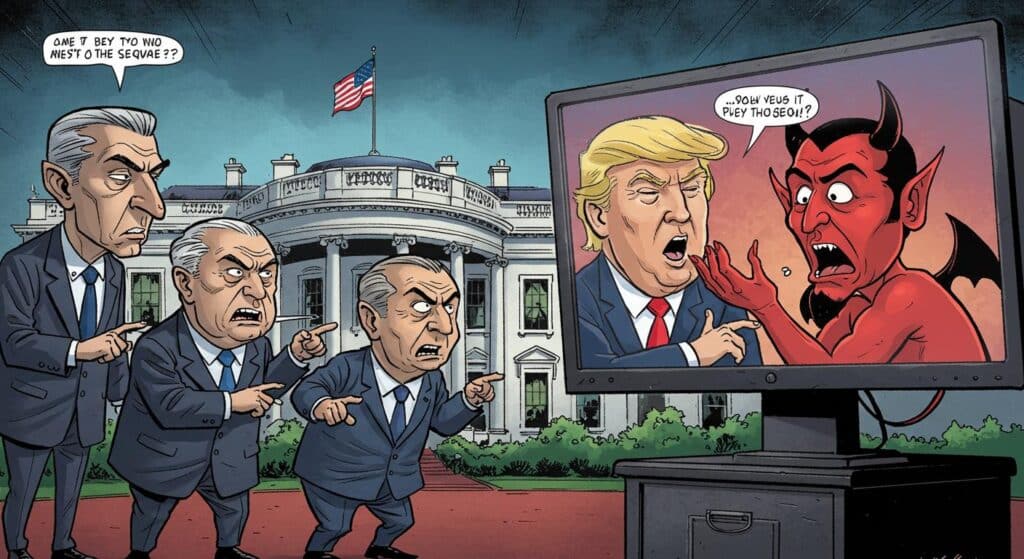Sometimes, the news delivers a scenario so straightforwardly absurd it verges on self-parody. The recent arrest near New Delhi qualifies handily—a man accused of running an off-brand embassy from a rented house, minus any of the required credentials or permissions, as detailed in an Associated Press report.
The International House of Maybe Ambassadors
Through accounts compiled by Uttar Pradesh’s special task force, the AP article paints a picture: Harshvardhan Jain, age 47, converted a residential property in Ghaziabad into his own embassy set piece. Police described how Jain adorned the premises with luxury cars using fabricated diplomatic plates, arrayed flags representing several nations, and welcomed visitors amid an air of officialdom that was, at best, performance art.
In a detail highlighted by officers, Jain’s bag of tricks included doctored photos placing him alongside world leaders and a collection of fake seals from India’s foreign ministry and nearly three dozen other governments. The AP notes that these tools weren’t just for show; they enabled him to convince clients he could provide overseas job opportunities—provided, of course, there was payment involved.
Investigators discovered four such cars, Rs 4.5 million (about $52,000) in cash along with various foreign currencies, all within these rented quarters. Earlier in the report, it’s mentioned that Jain is suspected of laundering ill-gotten gains through shell companies abroad. The scenic international backdrop? Apparently part of the standard package.
The Curious Case of Embassy “Westarctica”
Jain’s particular approach to fake diplomacy leaned into the esoteric. According to authorities cited in the AP’s coverage, he claimed ambassadorial—or at times, advisory—ties to “Seborga” and “Westarctica.” For those not deeply enmeshed in the world of micronationalism, Seborga styles itself as a principality on a hillside in Italy, counting its loyal citizenry in the hundreds, while Westarctica is more aspirational than geopolitical, anchoring its existence in Antarctic claims and Internet lore.
One has to wonder what the elevator pitch for a “Westarctican” visa sounded like.
Smoke, Mirrors, and 4.5 Million Rupees
The sheer scope of the operation did not go unnoticed. Authorities stated, as previously noted by the AP, that Jain’s activities have led to charges of impersonation, forgery, possession of fake documents, and illegal money laundering. The trappings of legitimacy—flags, staged photography, an atmosphere of international process—appear almost theatrical in hindsight, and yet they were convincing enough to draw in would-be jobseekers (and their wallets).
Jain and his legal representation weren’t available to clarify matters, leaving the police, and perhaps the micro-nations of the world, to do the talking.
Reflections from No Man’s Land
What continues to amaze is how the ancient art of fraud keeps finding novel costumes. Renting a house on the Delhi outskirts and transforming it into an embassy for the geographically adventurous is the sort of gambit that would seem more at home in a heist movie or an especially convoluted poker bluff.
Distinct from your run-of-the-mill scam, this whole scenario reads like a living exhibit about the allure of pageantry—how with enough convincing props and bravado, reality can get a little blurry around the edges. Is the border between theater and criminal enterprise simply a matter of whether the audience buys tickets or calls the police? What does it say about bureaucracy—and human imagination—that a roll of international flags, some doctored documents, and a healthy can-do attitude can create an embassy out of thin air?
All in all, it’s a story that might leave even the most seasoned micro-nation enthusiasts scratching their heads. And for anyone thinking about swinging by their local residential consulate, perhaps a brief double-check of the address—and the country—wouldn’t go amiss.







